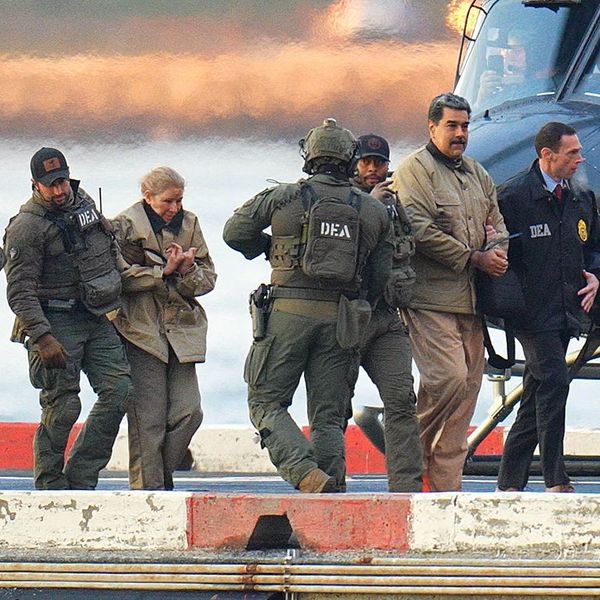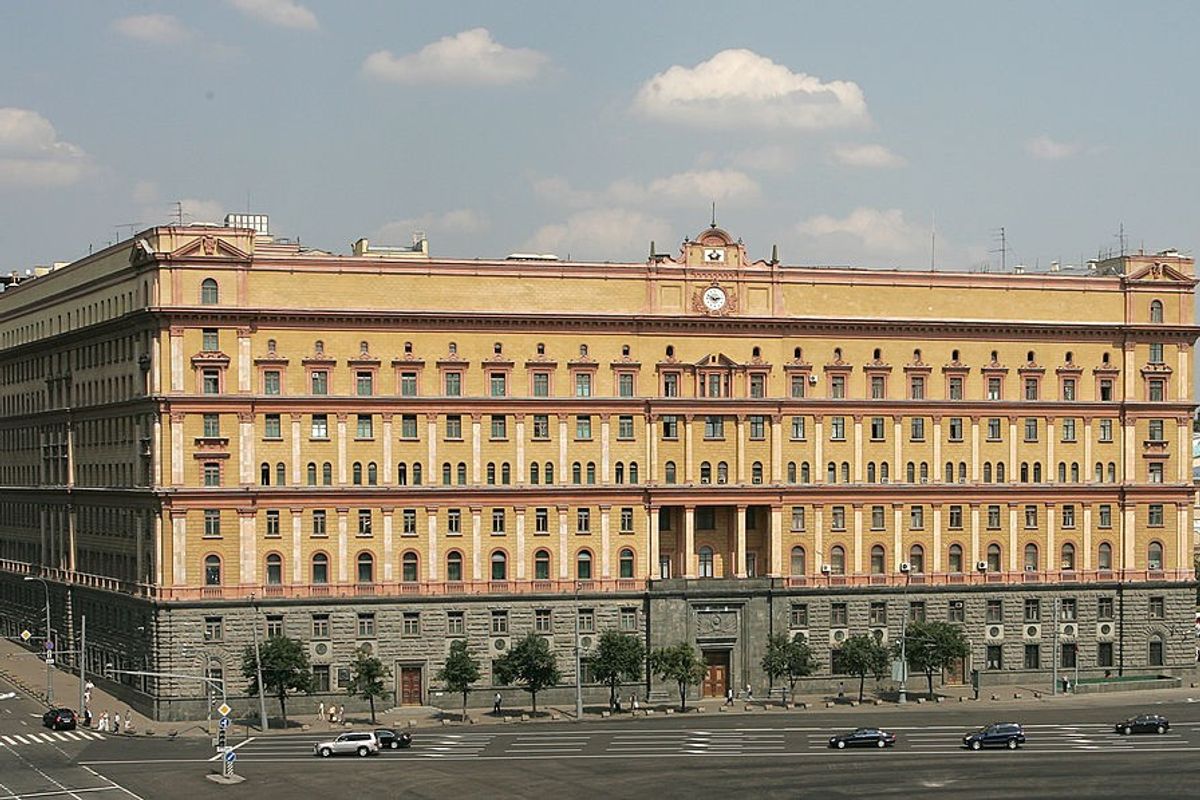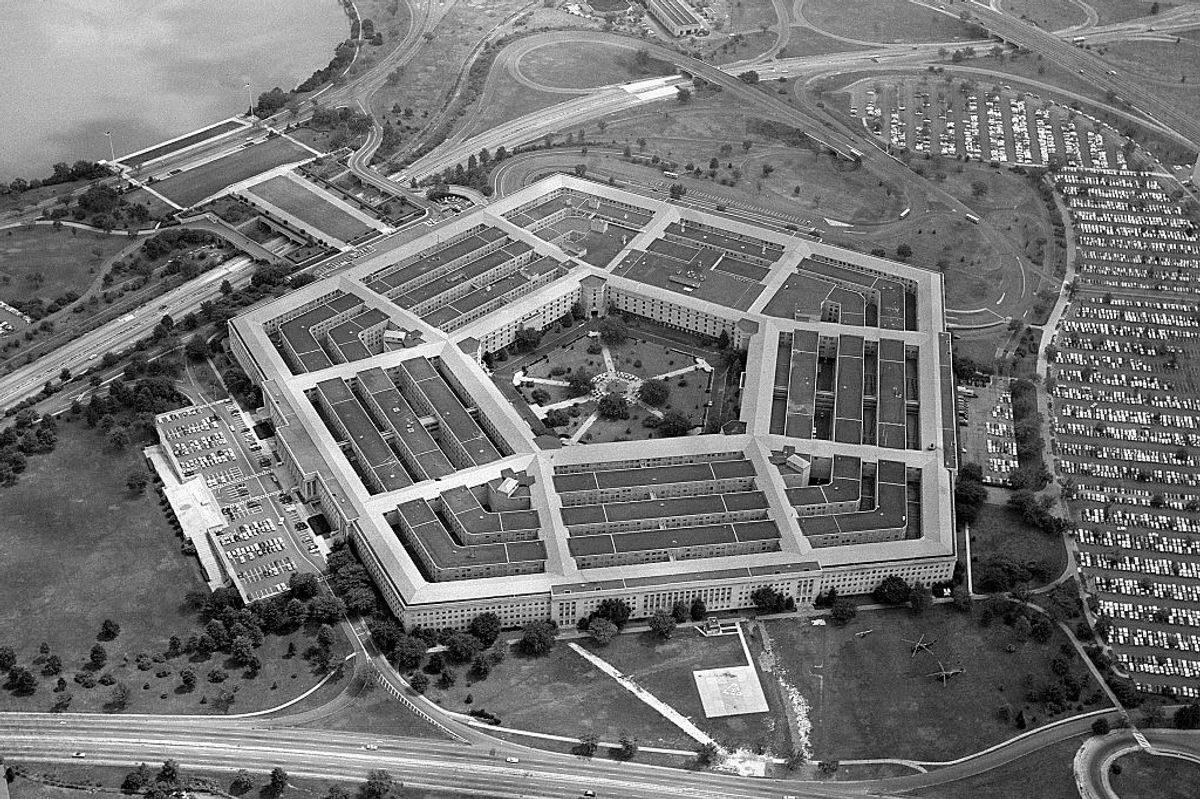OPINION — The deaths of Iranian President Ebrahim Raisi and Foreign Minister Hossein Amirabdollahian leave the country without two influential leaders during a time in which the region is facing a multitude of challenges. Although most regional experts anticipate little change in the near term, Raisi was a fierce supporter of Supreme Leader Ayatollah Ali Khamenei and was seen by many as a top contender for Khamenei’s role, or at the very least, as someone who would effectively pave the way for Khamenei’s chosen successor.
As Washington considers the long-term impact of Raisi’s death for the Iranian regime, as well as the nation’s foreign policies, U.S. officials are likely drawing on the expertise of leadership analysts inside the U.S. government to help them answer these questions and prepare for any possible next steps.
Leadership analysis is a little-known part of intelligence activity – in large part because it must by necessity stay far from the public eye. Leadership analysts in the intelligence community, particularly within the CIA, provide U.S. policymakers with insights and assessments about their foreign counterparts to help them manage these relationships more effectively and advance U.S. policy efforts. Even though they are analyzing these leaders from afar, often with minimal first-hand accounts about their subjects, leadership analysts must learn as much as they can about the foreign officials they are tracking – from their policy stances to family dynamics, health concerns, views of the United States, and any possible threats against them.
In 2024, it is likely that leadership analysts are busy studying these Iranian leaders and also the likes of Russian President Vladimir Putin and North Korean leader Kim Jong-Un – people whose actions and instincts are difficult to discern but of obvious importance to policymakers in the U.S.
What national security news are you missing today? Get full access to your own national security daily brief by upgrading to Subscriber+Member status.
Leadership analysis - after 9/11
As a leadership analyst at the CIA following the September 11th attacks, I covered Afghanistan’s senior political and military leaders and their views towards the United States for more than a decade. I drafted leadership profiles for the President and key members of his staff to help them interact with leading Afghanistan figures as they considered future legislation, political measures, and counterterrorism initiatives in the region. At the time, our relationship with Afghan President Hamid Karzai was nearing a breaking point. Due to the ongoing U.S. and allied military operations in Afghanistan and the push for more U.S. influence in the Afghan government, our relationship with Karzai and his staff was tenuous at best, as he sought to increase his own autonomy over the Afghan state. How could our government work with Afghan officials who questioned and disliked many of our policies, and who no longer trusted our long-term goals for the region?
These are likely the same types of questions President Biden and his staff are grappling with as they determine how they can continue maintaining a strong relationship with Israeli officials, and keep an eye on unfolding decision-making by other officials in the region, Iran in particular. For leadership analysts, this is even more difficult when trying to assess the moves and views of leaders in closed off societies; how can one determine what they might do next?
Relying on available signals intelligence and human sources on the ground throughout the region, particularly sources close to Iran’s proxies, is crucial in providing accurate assessments for the President and key members of his staff. Another key approach involves learning from the past; what steps have these leaders taken before, and might they take the same steps given today’s circumstances? How have their family life, upbringing, and previous relationships shaped them and their views on the world? Lastly, what are the opinions of those around them? Do they have the support of their government, or is there anyone inside of their inner circle who might be susceptible to breaking away from leadership?
There are no easy answers for U.S. officials when trying to manage a crisis such as the one continuing to unfold in the Middle East. Leadership analysis is a key tool in the President’s arsenal as he grapples with some of the world’s toughest questions, and a skillset that can be applied in the private sector as well, as corporations consider what is most important for their own clients and internal executive leadership.
The Cipher Brief is committed to publishing a range of perspectives on national security issues submitted by deeply experienced national security professionals.
Opinions expressed are those of the author and do not represent the views or opinions of The Cipher Brief.
Have a perspective to share based on your experience in the national security field? Send it to Editor@thecipherbrief.com for publication consideration.
Read more expert-driven national security insights, perspective and analysis in The Cipher Brief














